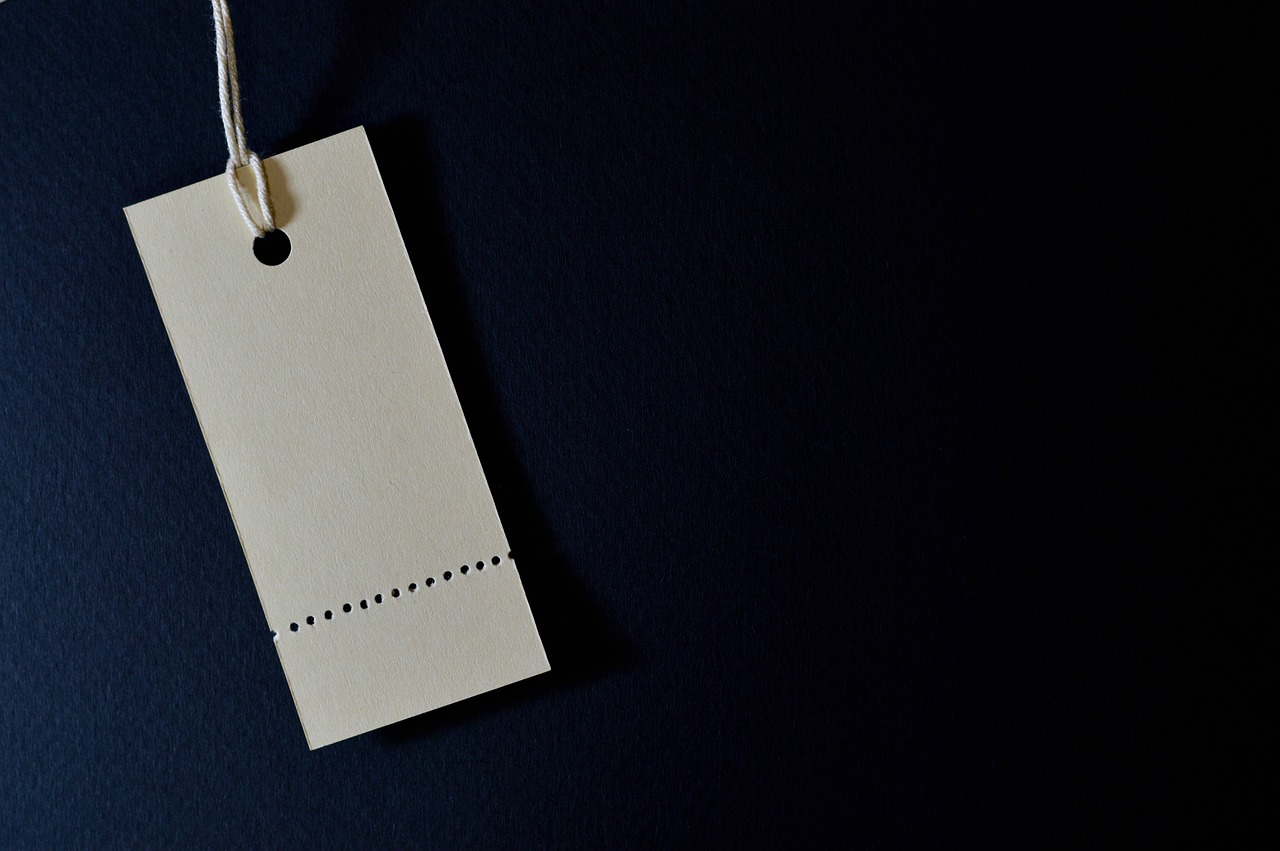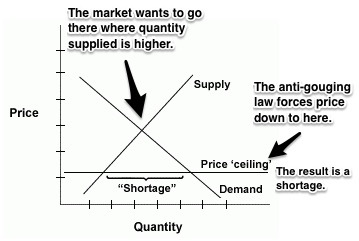When Hurricane Sandy hit New Jersey, the lines were long at my local gas station for just a short while. Then they ran out and closed. I suspect that if the N.J. “price gouging” law had not prevented them from raising prices more than 10%, we would have had more gas:
You can see the trade off.
Price Gouging
With the declaration of a state of emergency from Hurricane Ian, Florida’s price gouging laws have kicked in. Asked how you know if you have been gouged, the law says the price would be “unconscionably high.” More precisely, you can compare the average price from the past 30 days to today to see the disparity.
Other States
Elsewhere, penalties for “price gouging” vary. It could be a fine or jail or restitution or all three. Among the 37 states that try to prohibit the practice, Texas has a cap of $20,000 for “excessive” prices. But you get walloped with as much as $250,000 if your victim is over 65 years old.
Our Bottom Line: Incentive
Because the word “gouging” is pejorative (and higher prices need not be bad), I used quotations. But, if you disagree with me, you are in good company. Nobel economics laureate Daniel Kahneman said that businesses need to be known as fair in “Fairness as a Constraint on Profit.” Referring to economists who favor “gouging,” one of his co-authors, Richard Thaler recently added, “They are misunderstanding that if you piss people off, you pay a price…”
However, anti-gouging laws prevent some good things from happening on the supply and demand sides of markets. On the supply side, higher prices are an incentive that encourage producers to sell more gas. They work a little harder to find extra, they extend their hours, and they buy generators in areas that lost power. Meanwhile, higher prices nudge consumers to buy less. As a result, those of us at the back of the line have a chance of getting gas.
It can be win-win. Price increases during an emergency encourage the supply side to provide more and the demand side to conserve.
By contrast, the price ceiling that a price gouging law establishes creates a shortage:
And that is why Florida could have shortages.
My sources and more: The NCSL has a list of state gouging laws while I found more about Florida’s law here. But if you just want some ethics, the Kahneman fairness paper is ideal.
Please note that parts of this post were previously published at econlife.








The upside of price gouging is not as evident as you might think from econ101. In the face of even partial monopolies, a price cap can actually increase supply. Monopolies in America accumulate not only from the disgraceful Posner-inspired abandonment of vigorous anti-trust, but also from economic inertia in sudden black swan shocks (like a disaster).
Of course, in the very long run, econ101 rules, because barriers to entry will eventually erode. But a linear very long run doesn’t exist in chaotic systems like economies. As Keynes said, in the long run, we are all dead.
Thanks, Rick!